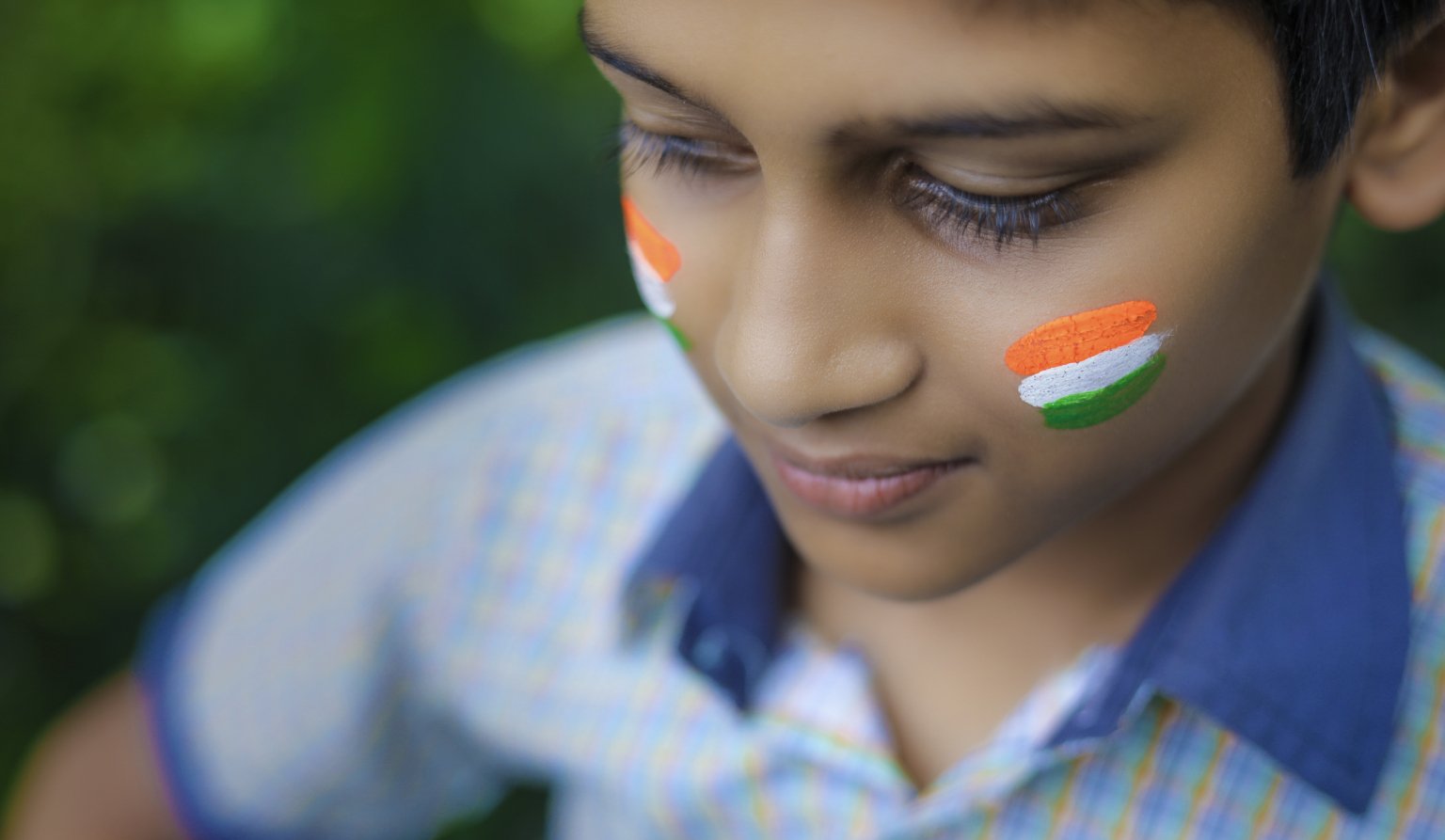Giving children the ability to make decisions, or make their own choices is a widely debated topic. However, enabling them to make these choices can foster independence and lead to well-adjusted adults. Children who make decisions earlier on in life tend to be better off as adults. They demonstrate a higher ability to function in society, professional life, and beyond and are well-adjusted as adults.
VPLS Podar: a CBSE school in Seoni. Enabling children with the prerogative to make decisions to foster independence and development is an idea that generates various benefits and learning experiences. Primarily, children are a vulnerable, uninformed population particularly liable to want to engage and want to be someone or something they are not. Many children often desire to be scientists, lawyers, and doctors based on their formative experiences. Young populations are also influenced by their loved ones and familiar history/family tree. Many parents are protective yet relatively uninformed about the possibilities that can accrue to children; in doing so, parents may be limiting children’s choices. Podar learns school Seoni: Children are a particularly vulnerable, uninformed population. Via allowing children to make decisions, there are various benefits for children:
Acts for Building confidence: When children make decisions for themselves, they may feel empowered and confident. It may also increase their self-esteem if and when their choice results are beneficial and rewarded with accolades, accomplishments, and academic accomplishments.VPLS: ranked as the Best school in Seoni, MP.
Inculcates critical thinking skills: When children use and navigate between possible choices, it enables and develops their critical thinking skills. Children can foster and develop critical thinking skills by engaging in thinking of the consequences, advantages, disadvantages, constraints, and even ethical, moral, and societal ramifications of their choices. Teaching them responsibility: By enabling children to make decisions early on, the parents/guardians are teaching them aspects of responsibility and cultivating a sense of responsibility. When children make decisions, especially if they make mistakes, it enables them to learn responsibility. An important facet of learning and overall well-being for children. VPLS Podar ranks among the top 10 schools in Seoni
Learning outcomes: When children make their own choices, they may feel in control, and the outcome may not be exactly what they thought. This unpredictability and variance observed in the results/consequences of their choices provide varied learning outcomes for them.
Fostering and strengthening their sense of identity: Making decisions earlier on may foster a sense of identity for children and assist in their self-development. Overall, fostering, nurturing and strengthening a young child’s sense of identity enables them to have improved well-being.
Development of problem-solving skills: Children are actively aided in the development of their problem-solving skills by exploring the decision-making process.
Empowers children and provides a sense of control: Providing children with the ability to select and form their own decisions empowers them and gives them a sense of power and agency, which is an important aspect for any developing young child.
However, it enables children to make choices independently of supervision or external input from parents and guardians. Decisions made without relevant input from experienced individuals may not be beneficial and prove harmful to the individual. Further reinforcing this is that often, children are emotionally undeveloped and a vulnerable population who may not understand the complexity of decision-making. It may assist children in being guided, mentored, and provided with relevant intervention by guardians/parents.Conclusion: VPLS Podar ranks among provisions for education on any Seoni School List.

